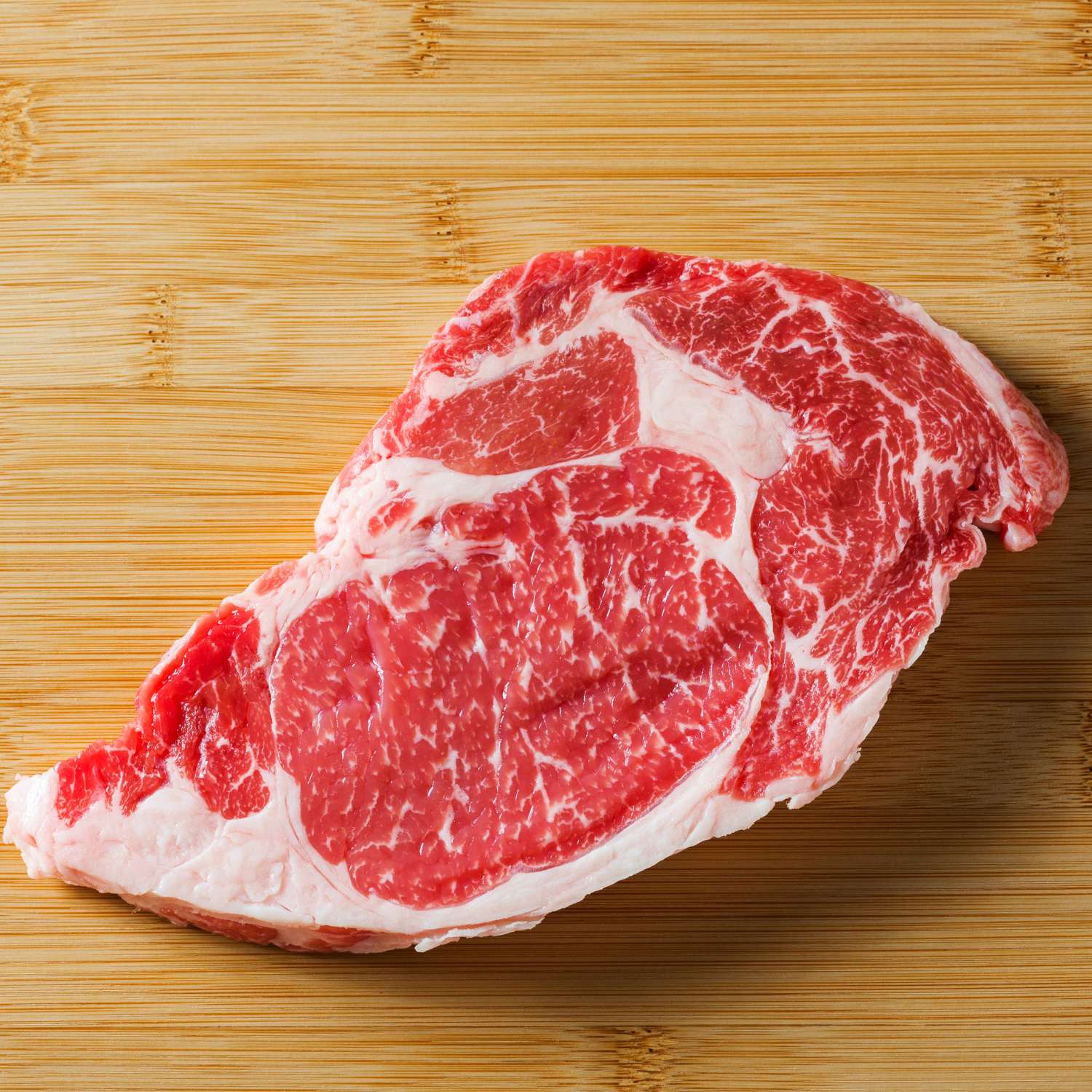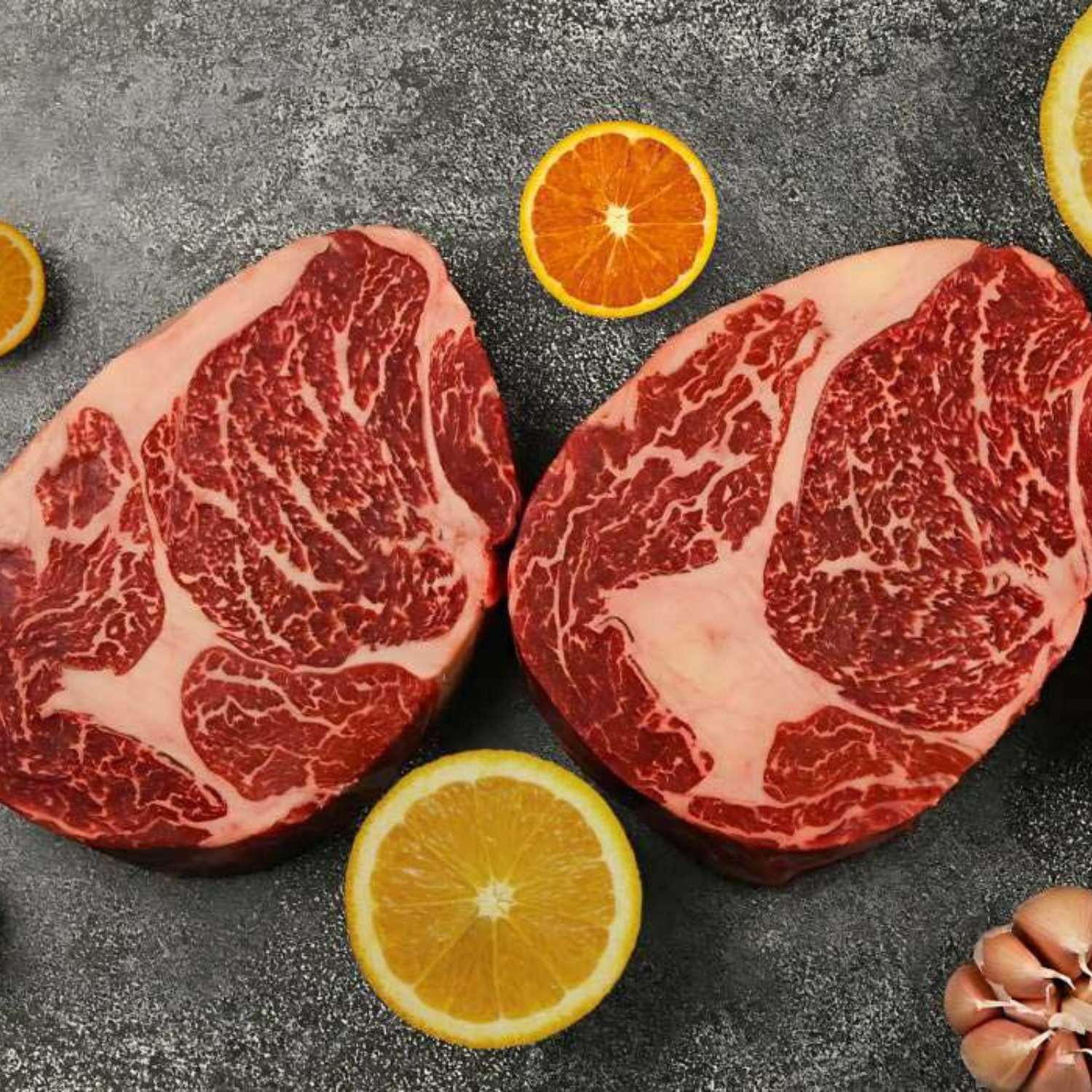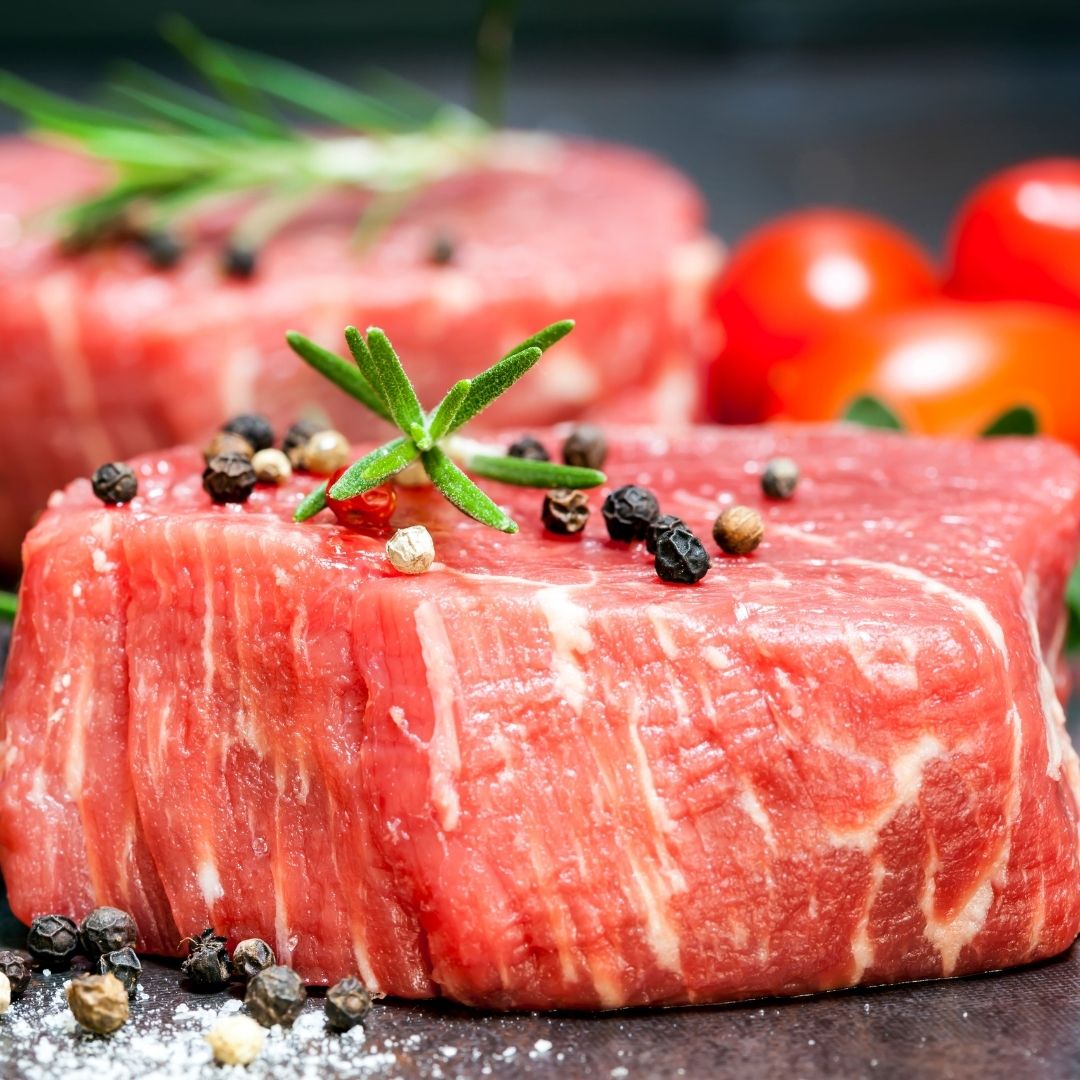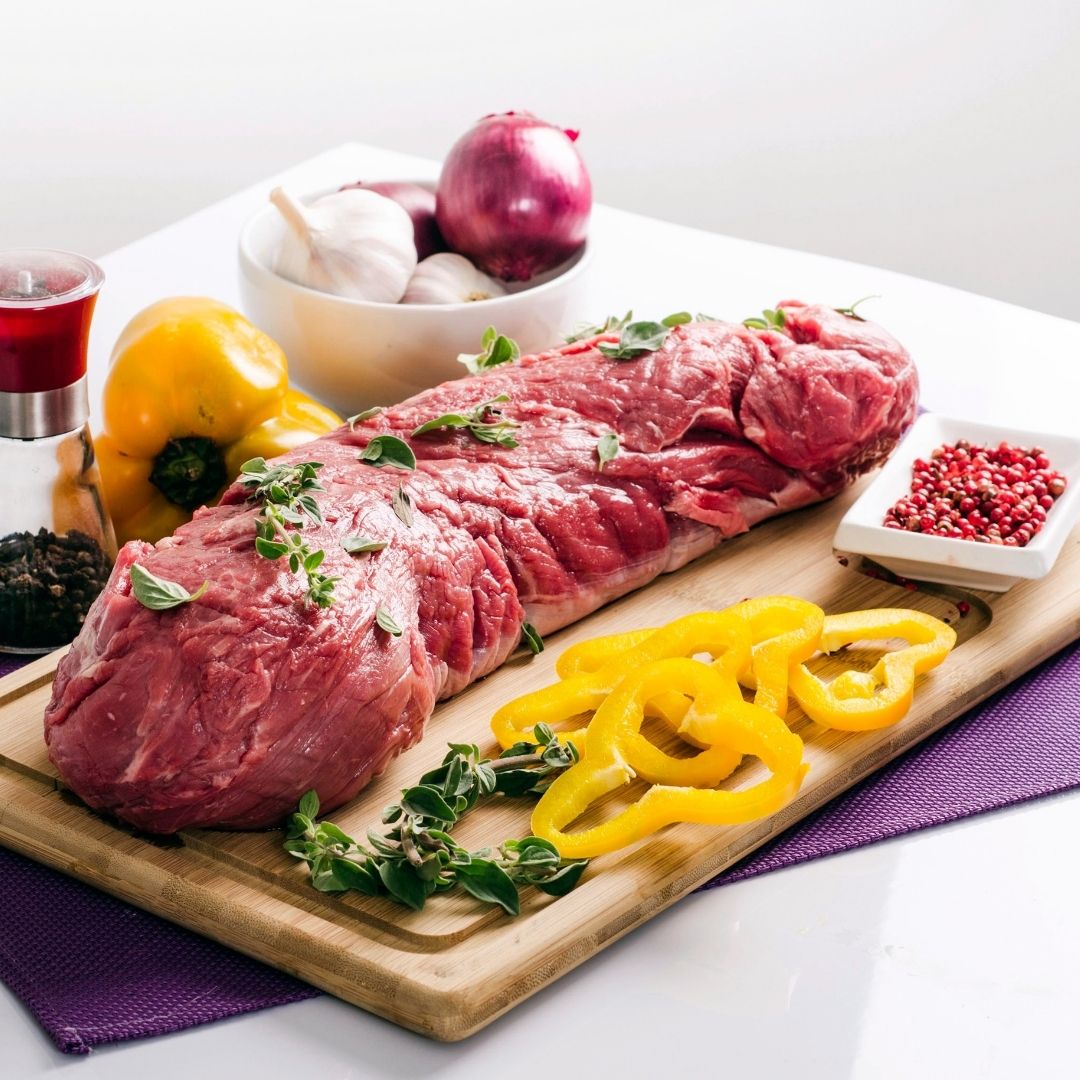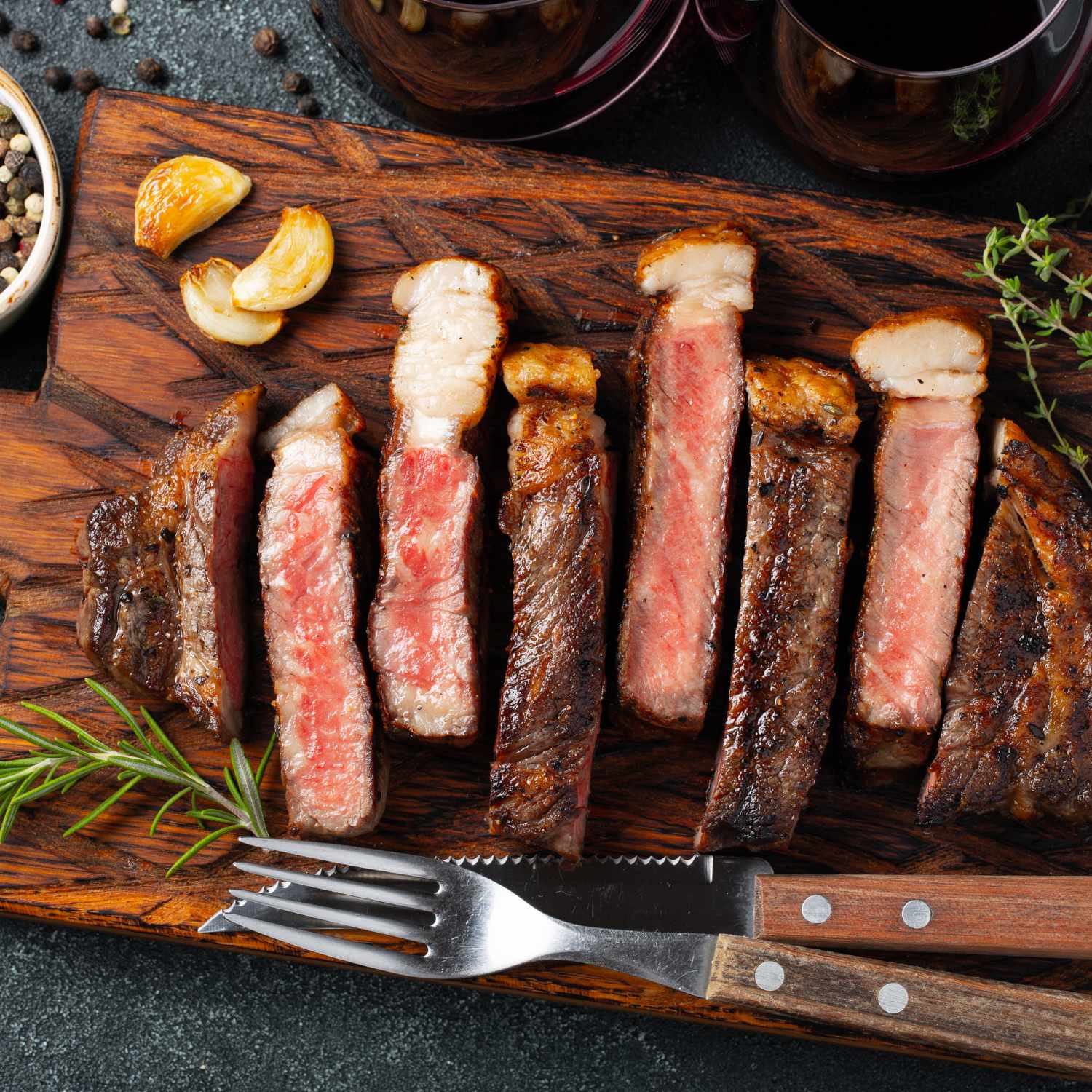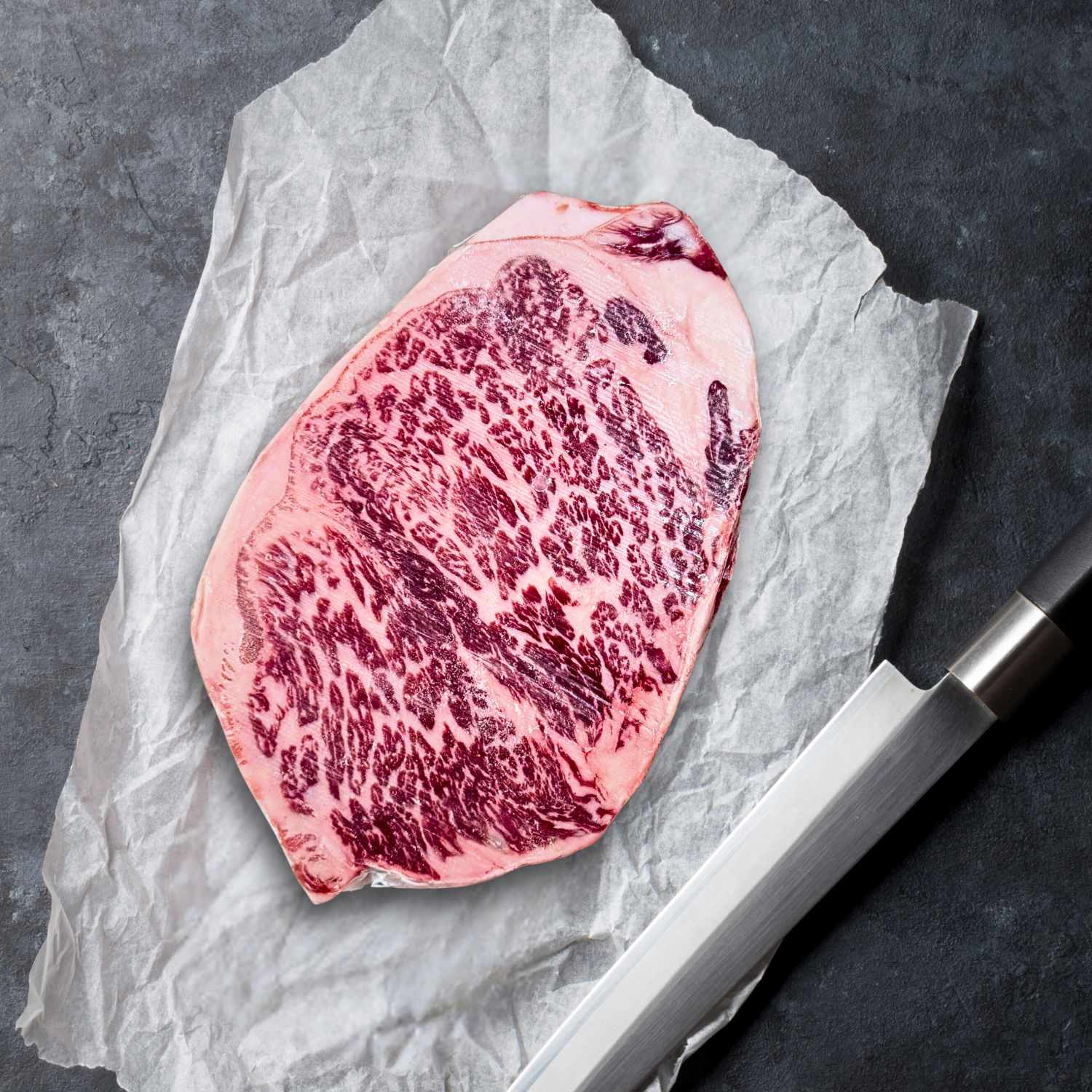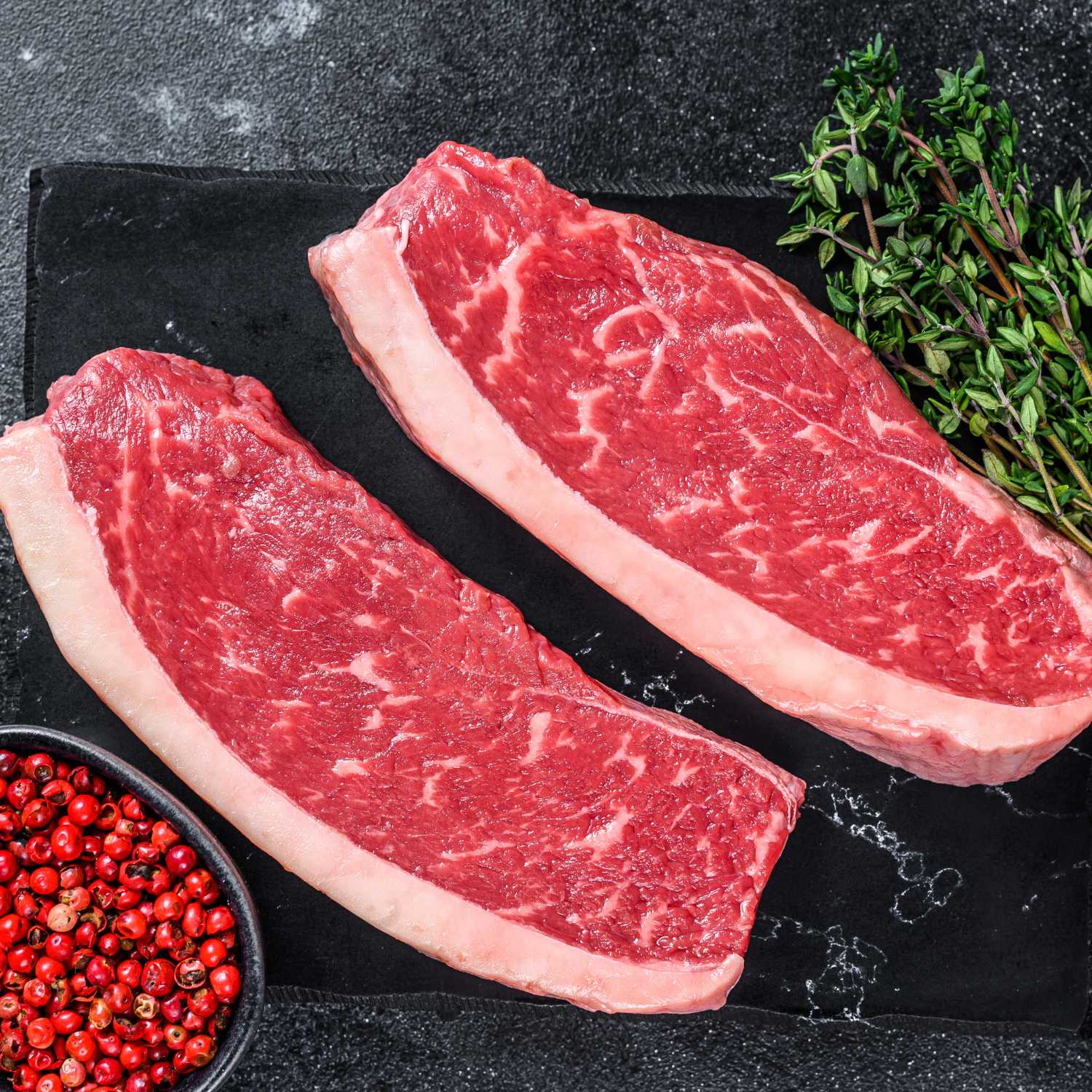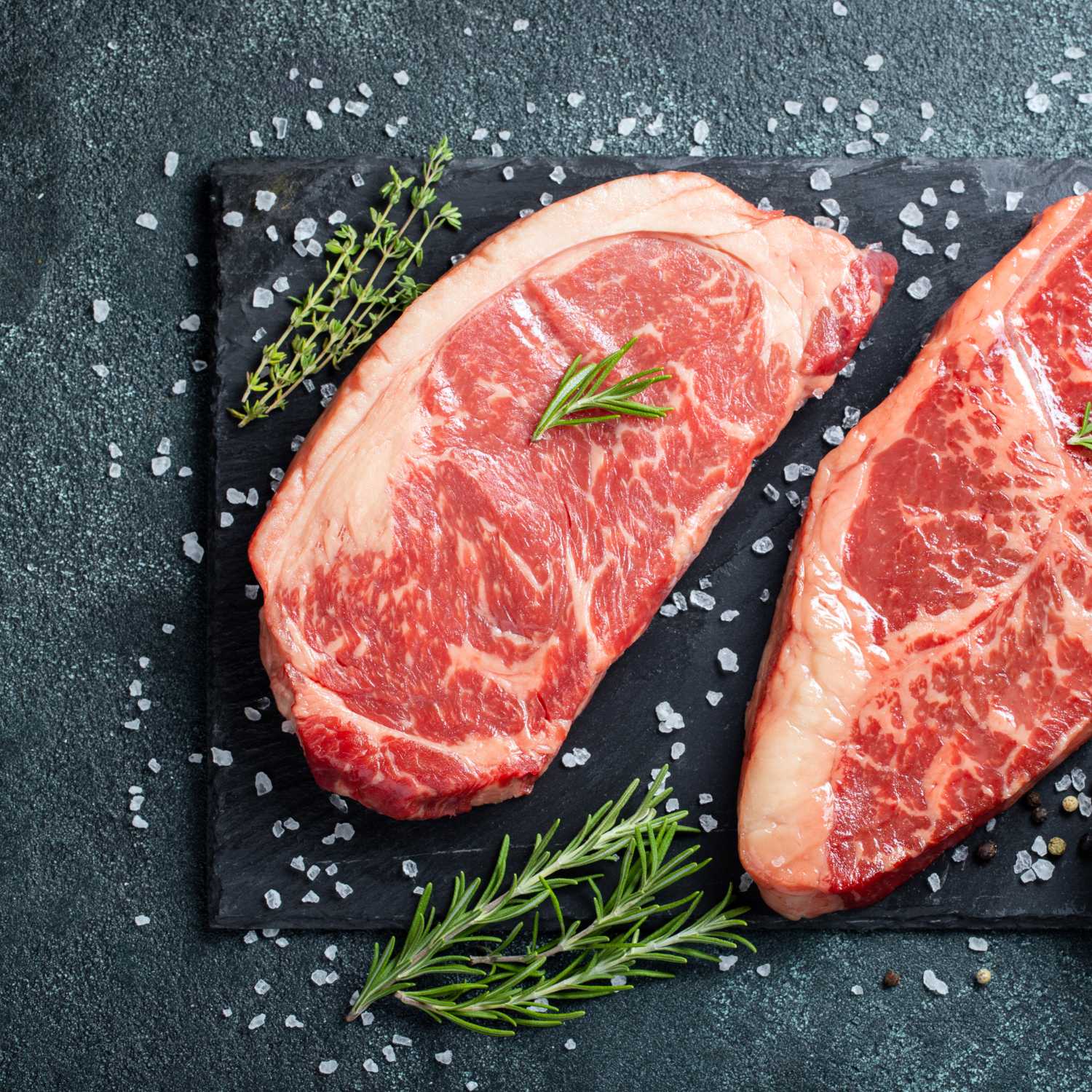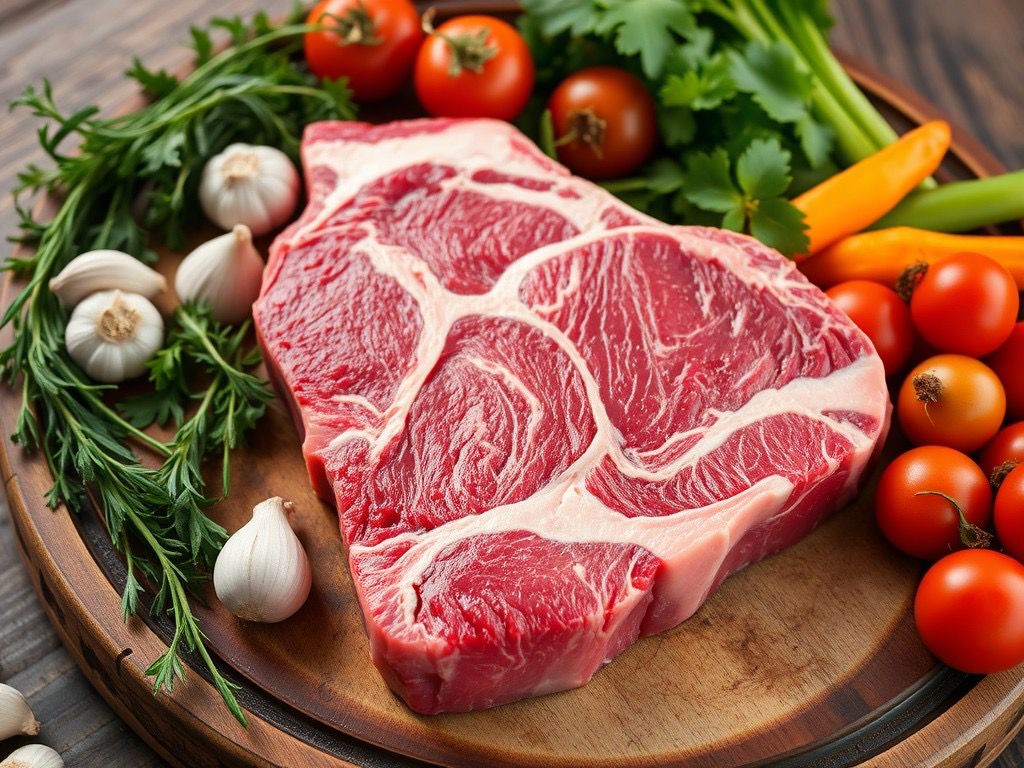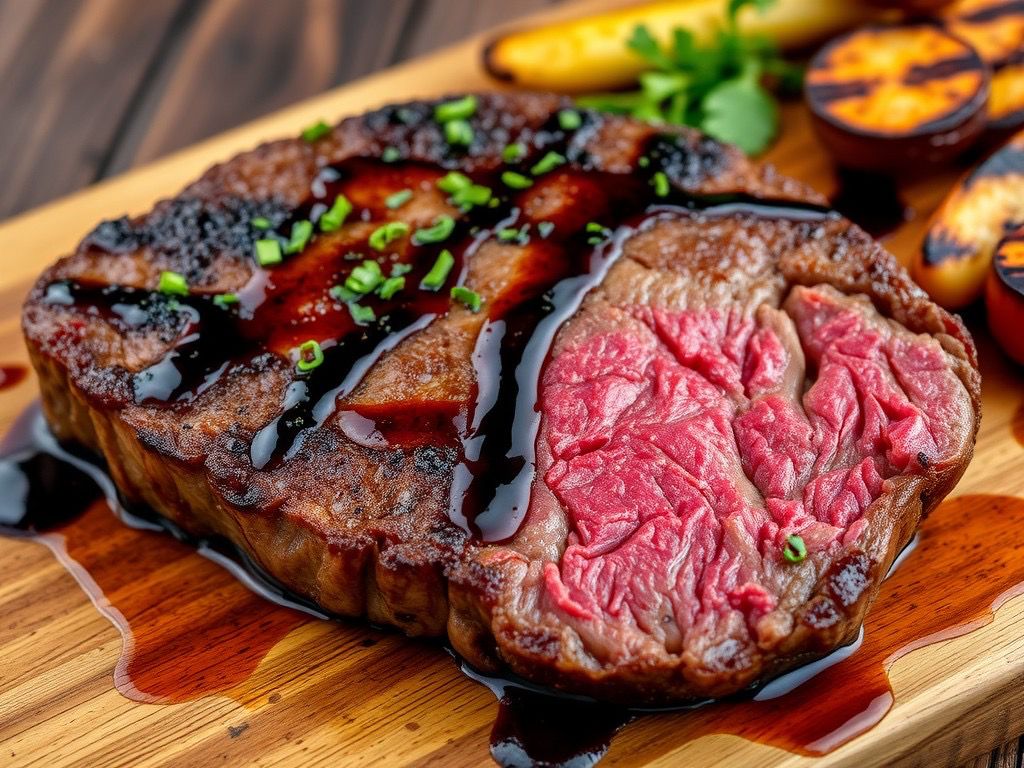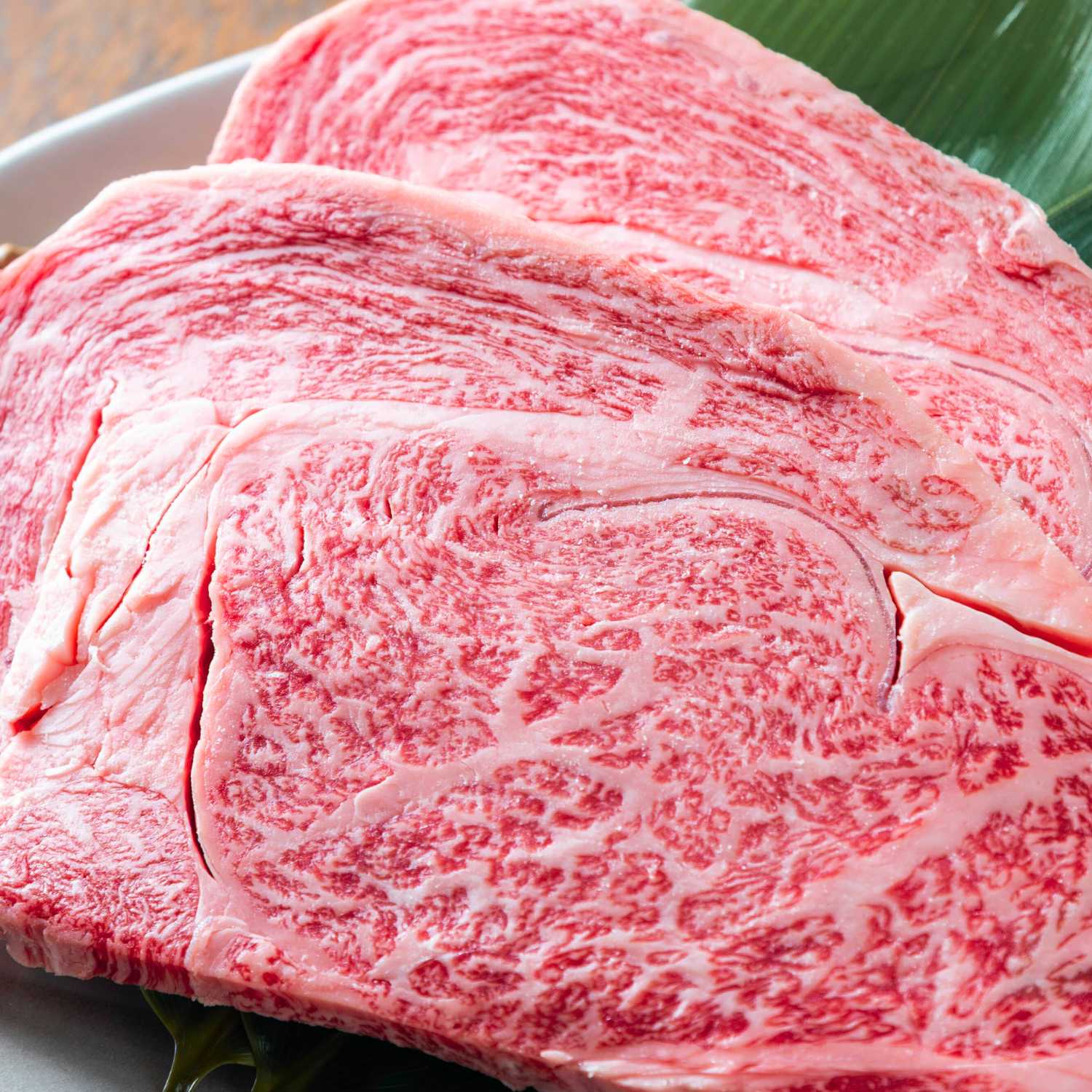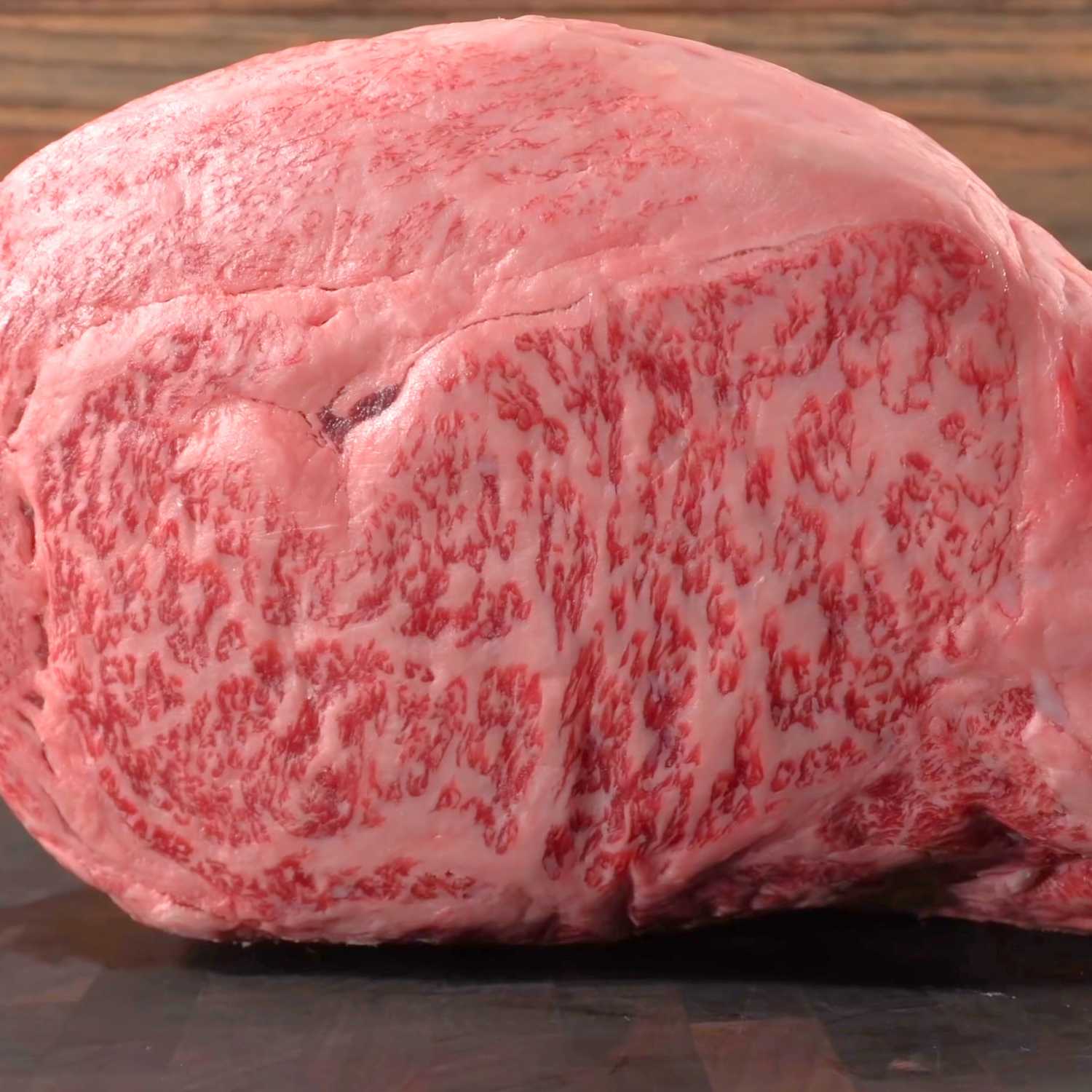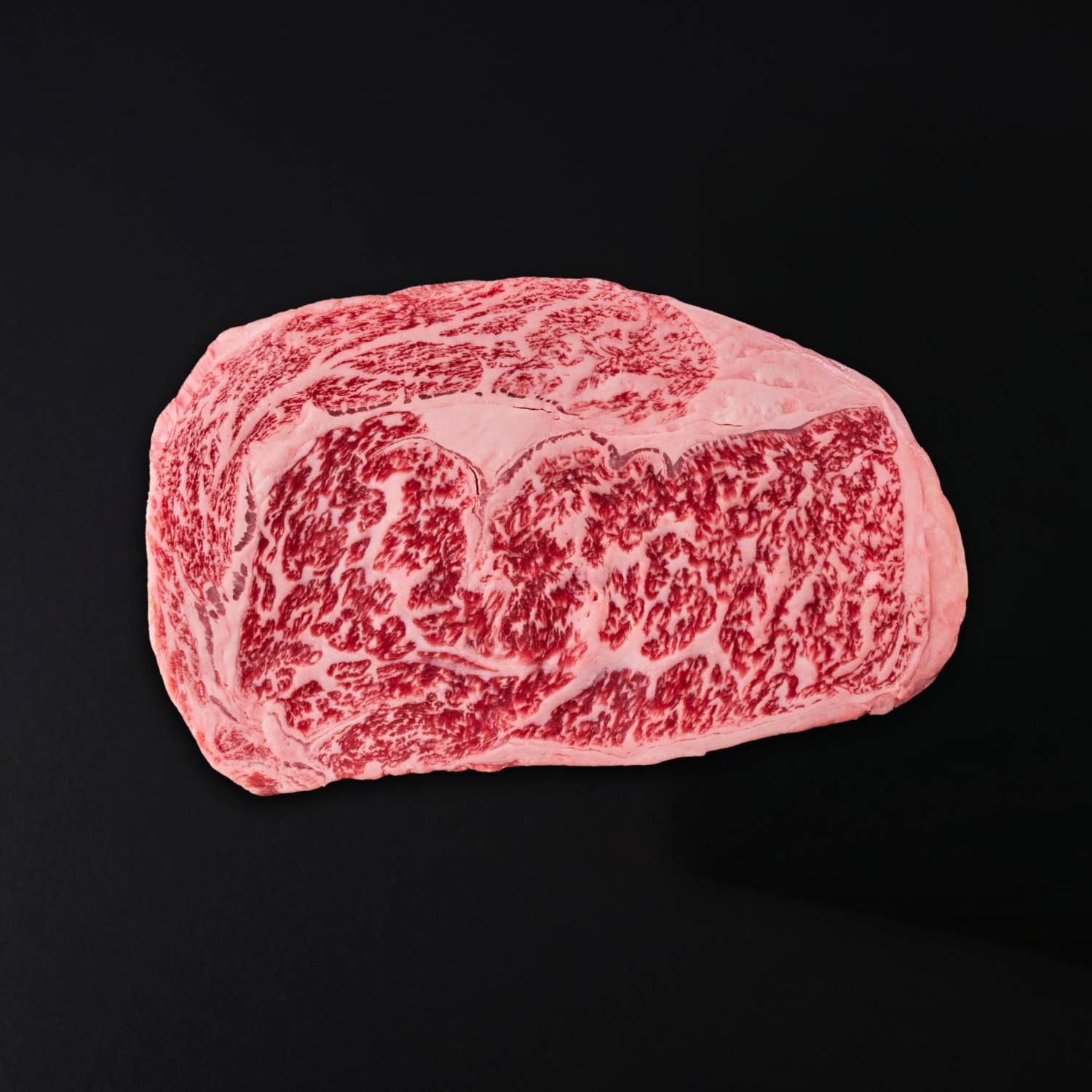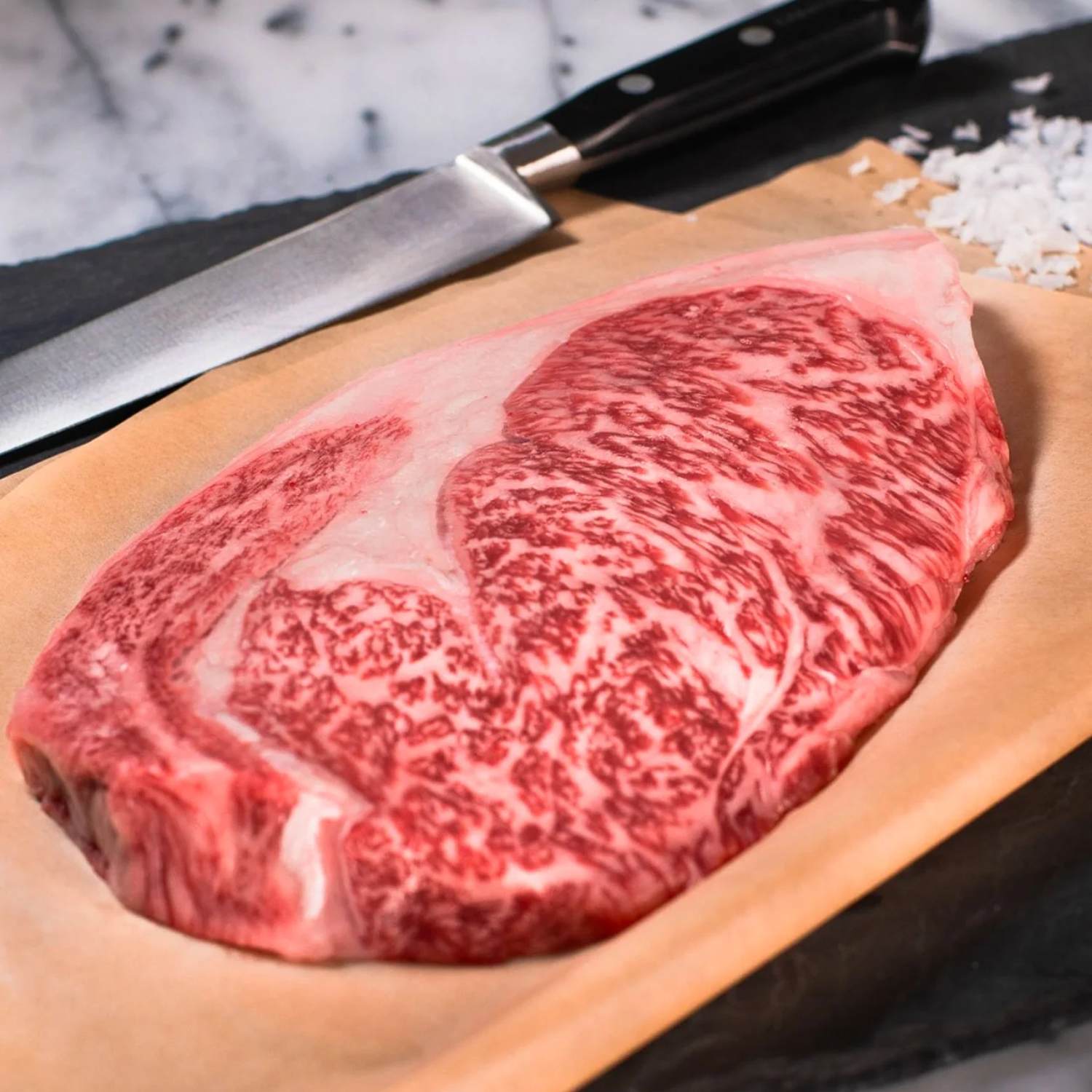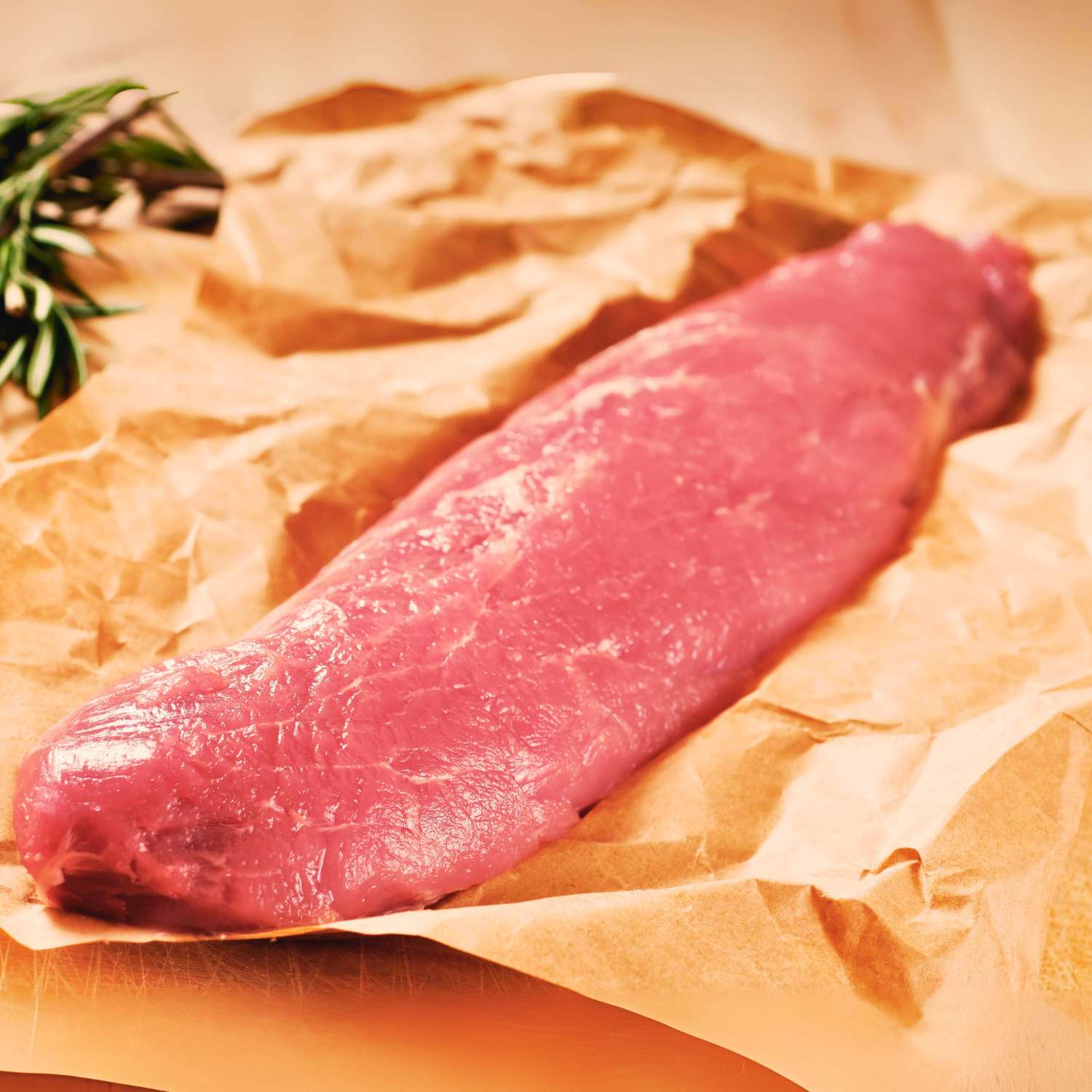Understanding the 'Wagyu' Phenomenon in Hong Kong's Beef Market
The Origins of Wagyu: A Journey Through Japan's Culinary Heritage
Wagyu beef's story starts in Japan. This meat is known for its rich taste and marbling. Japanese laws have long guarded the purity of Wagyu bloodlines. The cows are raised with care, leading to top-quality beef. Wagyu was first limited to Japan. Yet, its fame spread worldwide. Hong Kong, too, embraced this delicacy. Chefs and foodies alike prize Wagyu for its unique flavor. It's a staple in high-end Hong Kong steakhouses. Its journey from Japan to Hong Kong tells of cultural exchange and culinary appreciation.

How Wagyu Steak Gained Popularity in Hong Kong's Dining Culture
Wagyu steak became a star in Hong Kong's food scene for several reasons. This beef is known for its intense marbling and rich, buttery taste. It suited local tastes that favor tender and flavorful meats. As Hong Kong diners grew more health-conscious, they also valued wagyu's higher omega-3 and omega-6 content. Moreover, the city's love for luxury and fine dining made wagyu a symbol of status and good taste. Fine dining spots and steak houses began featuring it on menus, often as the centerpiece. Over time, wagyu steak became a must-try for locals and tourists alike, marking its popularity in Hong Kong's diverse and rich culinary culture.
The Difference Between Japanese Wagyu and Other Premium Beef
Japanese Wagyu stands out in Hong Kong's steak scene. It is known for its intense marbling. This marbling leads to a buttery texture and rich flavor. Other premium beef may lack this level of marbling. For example, Angus beef has less intramuscular fat. Therefore, it's less tender than Wagyu. Despite this, Angus is still prized for its beefy taste. Grass-fed beef is another type. It's often leaner with a distinct earthy flavor. In comparison, Wagyu is about the luxury of taste and texture. It's the finest beef for special occasions in Hong Kong.
Selecting the Best Steak: A Guide to Hong Kong's Top Choices
Grass-Fed vs. Grain-Fed: A Comparative Analysis of Steak Quality
Choosing between grass-fed and grain-fed steaks can be tough. Let's compare their quality.
- Grass-fed beef has a leaner profile and a more distinct, earthier flavor. It gains its taste from the varied grasses on which the cattle graze. This type of beef is also praised for being richer in certain nutrients, such as omega-3 fatty acids and antioxidants.
- Grain-fed beef is known for its marbling and tenderness. Cattle are fed a diet that often includes grains and corn, which results in a fattier, more buttery texture. This often translates into a juicier and more flavorful steak, though its nutritional profile may differ from grass-fed options.
When selecting steak in Hong Kong, consider your taste preference and nutritional priorities to make the best choice.
The Appeal of Wagyu: Why It's Hong Kong's Go-To Luxury Meat
Wagyu beef is a top choice in Hong Kong for many reasons.
- It has a unique taste that people love.
- This meat is very tender and full of flavor.
- It's seen as a luxury item and is often used to impress guests.
- Wagyu has health benefits too. It has more good fats than other beef.
- The rich marbling makes it cook well, giving a great texture.
- Chefs in Hong Kong prefer to use Wagyu for high-end dishes.
People in Hong Kong see Wagyu as the best beef for special meals.
How to Identify Authentic Wagyu Steak in Hong Kong's Market
To spot real Wagyu in Hong Kong's markets, look for key features. Authentic Wagyu has a high degree of marbling, that is, the white streaks of fat in the meat. This marbling is what gives Wagyu its melt-in-the-mouth texture. Another tip is to check the meat's grading. Wagyu is usually rated on its marbling intensity, meat color, and fat quality. Trustworthy vendors will have certificates or grading information available. Lastly, the price of true Wagyu is typically higher due to its quality and rarity.
Mastering the Art of Cooking High-End Steaks
The Ideal Temperature for Cooking Wagyu and Grass-Fed Steaks
For the perfect cook, knowing the ideal temperature is key. Wagyu steaks sizzle best at high heat. Aim for 120°C to 130°C for these luxury cuts. This develops a savory crust with a juicy center. Grass-fed steaks need a moderate approach. They cook well between 110°C to 120°C. This temp range preserves their leaner texture. Always use a meat thermometer to be sure. It ensures your steak reaches its perfect level of doneness. Remember, resting your steak post-cooking is just as vital! It locks in the flavors and makes the steak tender.
Creative Recipes and Pairings for a Memorable Steak Dinner
- Start with a classic Herbed Butter Steak. Use fresh rosemary and thyme.
- Pair Wagyu with a Red Wine Reduction. Complement its rich flavors.
- Grill Grass-Fed Beef with roasted veggies for a balanced meal.
- Try a Balsamic Glaze on your sirloin. It adds a sweet tang.
- Create a surf and turf. Add seared scallops or shrimp to your plate.
- Spice things up with a Chimichurri on a striploin steak.
- Offer a side of truffle mashed potatoes. They match well with any steak.
- For dessert, a light berry salad cleanses the palate after a rich dinner.
Tips and Techniques for Perfectly Pan-Fried, Grilled, or Sous-Vided Steak
Cooking high-end steaks like Wagyu and Grass-Fed require mastery. For pan-frying, ensure your pan is hot before you add oil. Then, sear each side for a golden crust. When grilling, let steaks reach room temperature first. This helps cook them evenly. Charcoal grills add a smoky flavor. For even cooking, use a meat thermometer. Sous-vide is another method. It keeps flavors in and cooks steaks perfectly. After sous-viding, sear steaks quickly for a crust. Let steaks rest after cooking. This keeps them juicy and tender. Pay attention to these details for the best steak experience at home.

